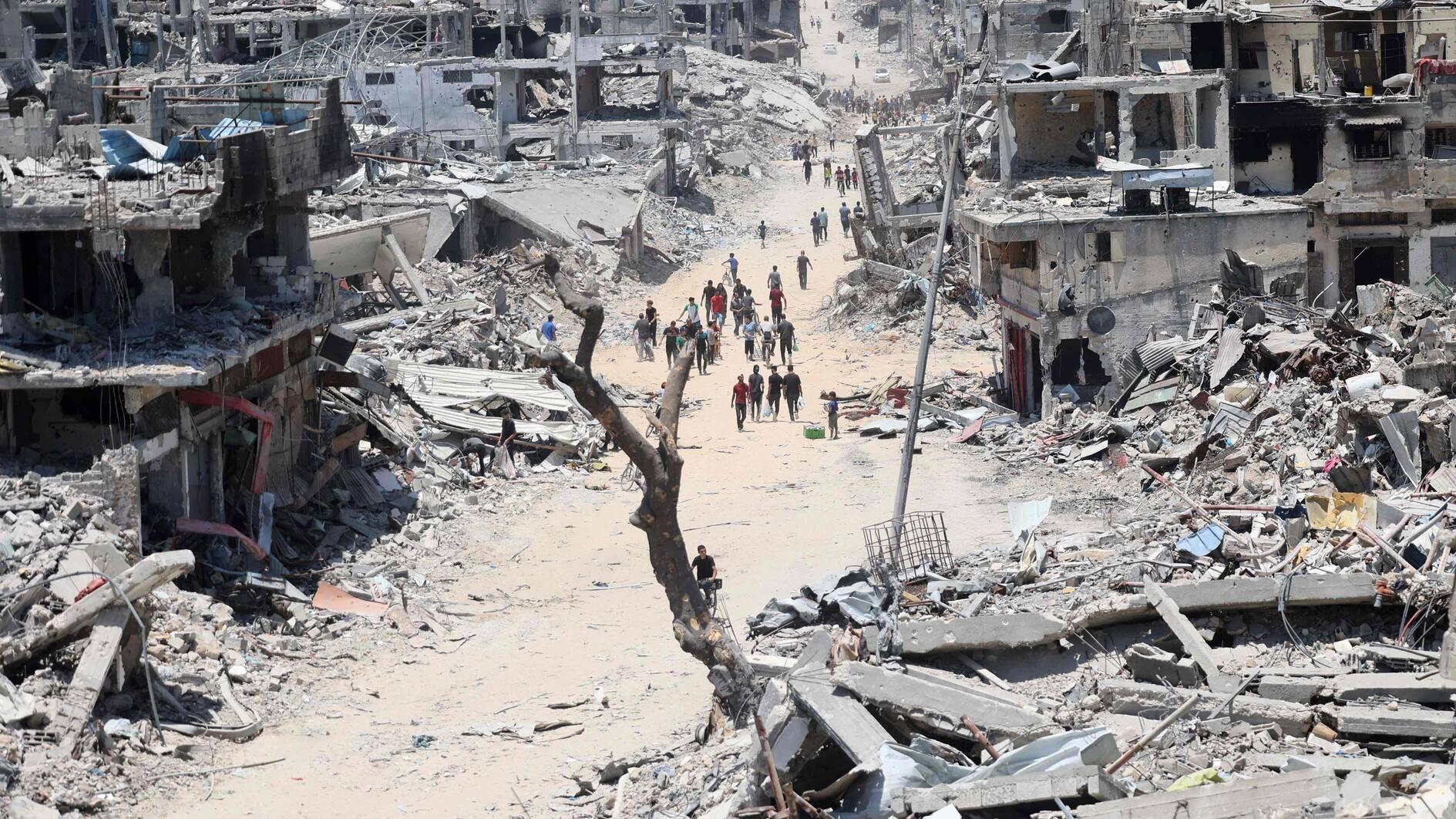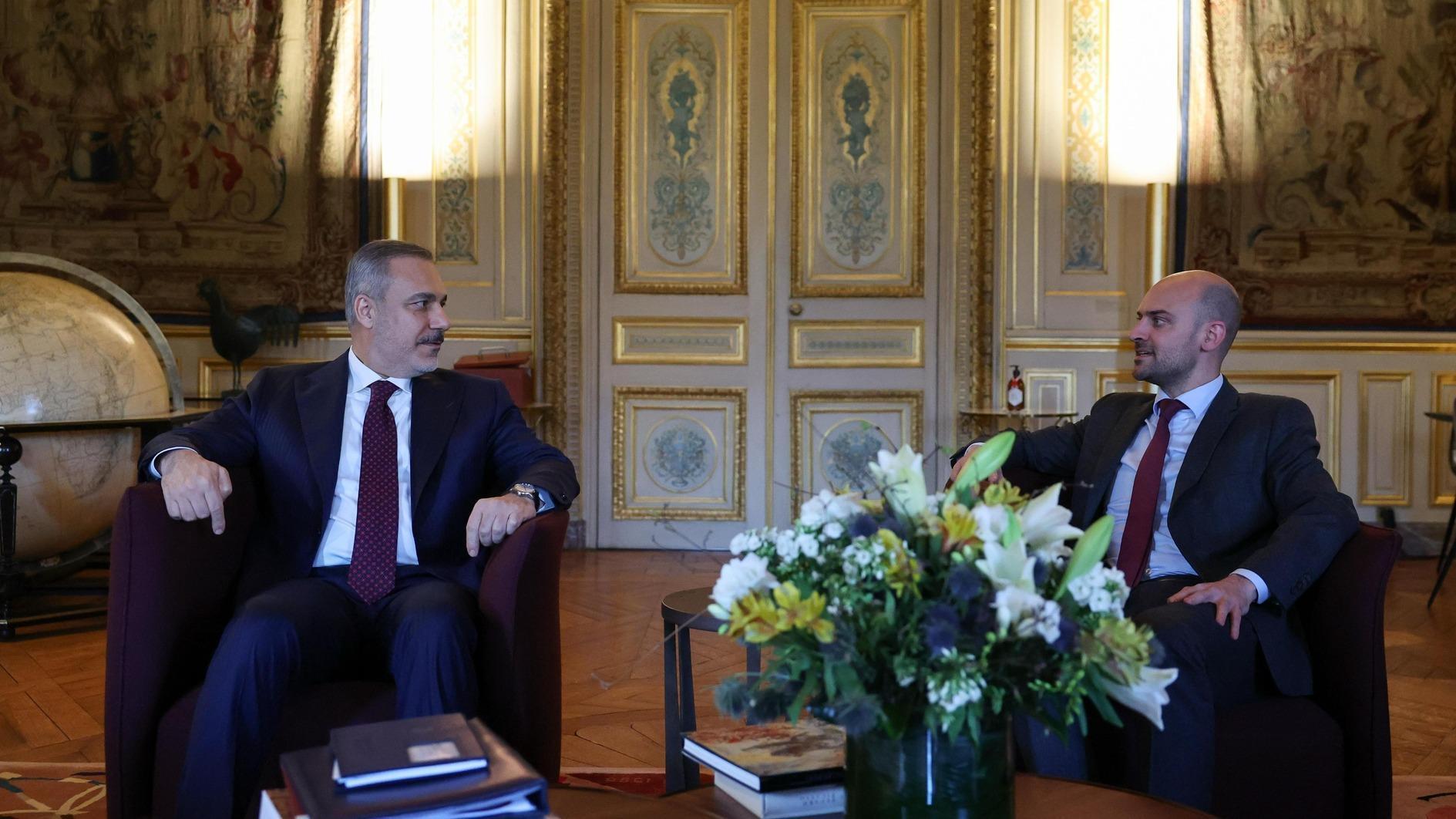Syrian refugees have dreams
At a time when the number of racist attacks targeting Syrian refugees in Turkey is on the rise, the United Metalworkers’ Union (Birleşik Metal İş Sendikası) issued a report called “Syrian Refugee Labor.” We have thus seen once again how most of the three million Syrian refugees are living under difficult conditions here.
Eight academics from various universities drafted the report. Face to face interviews were conducted with both Turkish and Syrian workers in the textile sector. The result is striking but not unexpected, because we knew that Syrian workers were unregistered and highly underpaid.
The report said 99.6 percent of male Syrian workers and 100 percent of female Syrian workers were unregistered. As an example of the pay gap between Syrian and Turkish workers, the average pay of Syrian women workers corresponds to only half of the average Turkish male worker’s pay.
Another striking find is that a high majority of Turkish workers (73 percent of men and 60 percent of women) believe that Syrians have caused a drop in their salary. The rate of those who think Syrian workers should not be allowed to work is 66 percent.
Even this data alone gives clues of society’s negative view of Syrian refugees.
Labor Minister Mehmet Müezzinoğlu voiced a confession the other day on TV. He first called for people to avoid “provocative expressions” against Syrian immigrants. Then he said the following: “We have lost many qualified Syrian workers because we lost time in the acceptance of documents of professions such as doctors and engineers. We lost them to places like Germany. We were late in drawing a strategic road map.”
Turkey has indeed been very late not only in terms of making adjustments for the qualified work force, but also in terms of making a plan for all refugees.
We have covered the drama of Syrian child workers many times and how they are deprived of education means.
Gaziantep Mayor Fatma Şahin has the most planned and scientific approach to the Syrian refugee issue. I had a chance to talk to her last fall when I visited the southern city. “We are making long-term life plans for Syrian refugees, who now number 350,000 in our city. We know that most of them are here to stay,” Şahin told me.
The Gaziantep Municipality has recorded the ages, educational level and professions of refugees in neighborhoods. It has determined that there were 107,000 children among them, of whom only 67,000 are being schooled.
According to a study they conducted with McKinsey, Şahin said they found out that the city would grow 20 percent due to refugees and the infrastructural needs of the city correspond to half of the current city budget. They have allocated a 10 percent quota in employment for Syrian refugees.
I wish all mayors in Turkey were so open about the refugees they are hosting.
Labor Minister Müezzinoğlu said he met with one of the “qualified Syrians” we have lost at the World Economic Forum in Davos. Syrian Olympic swimmer Yusra Mardini, after fleeing Syria, was in a dinghy in the Aegean Sea on her way to Greece. When the dinghy overturned, she had to swim three hours to the shore. She went to Germany from Greece and prepared for the Rio Olympics there.
Could Turkey have provided the same means to prepare Mardini for the Olympic Games as Germany did?
“There were good means for education in Syria. Now, I have refugee status. Who are we as refugees? We are students, architects, teachers and lawyers. We have families. We have dreams,” Mardini said.
The Syrian refugees living among us were forced to leave their homes and dream of a better life. It is the responsibility of the state and local administrators to help provide this.











